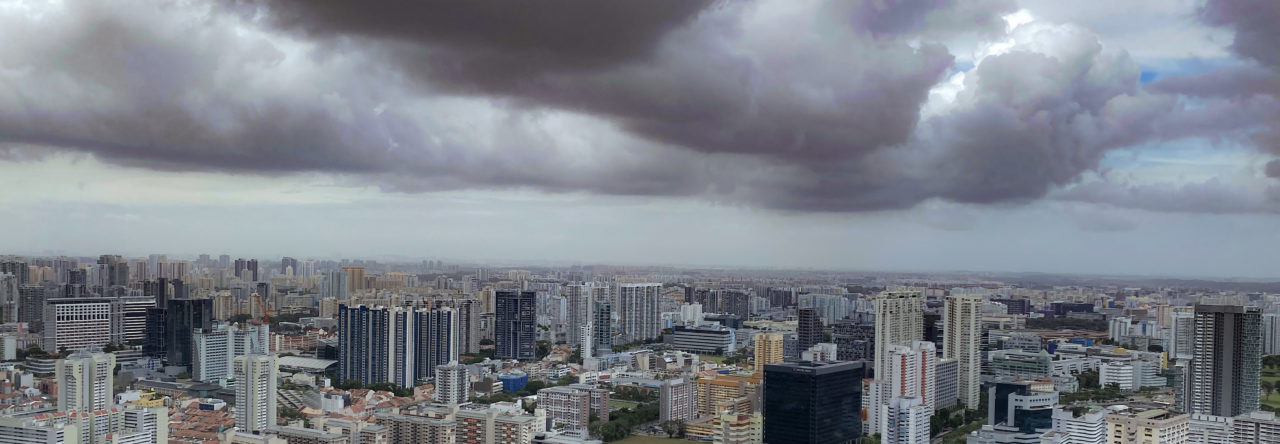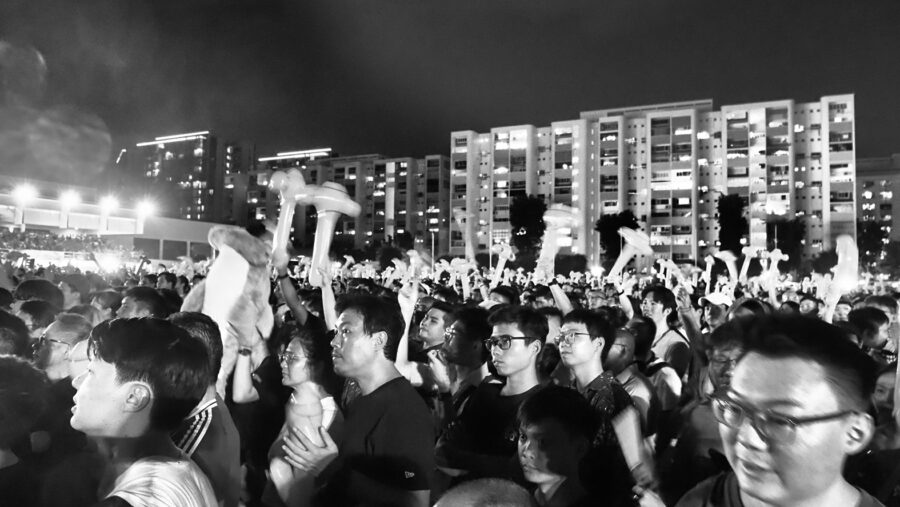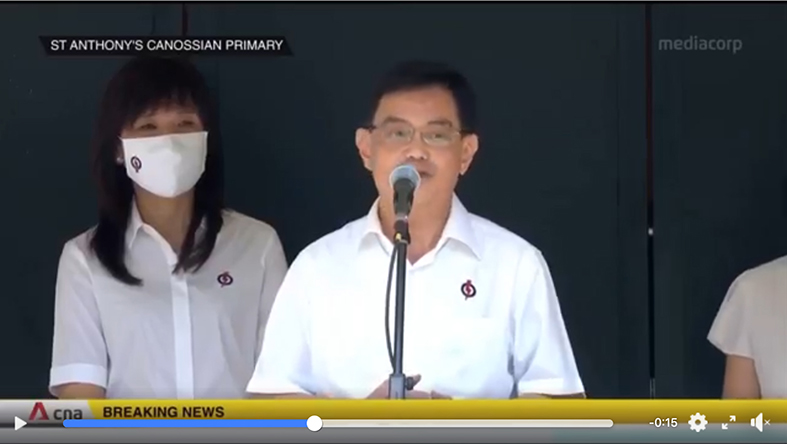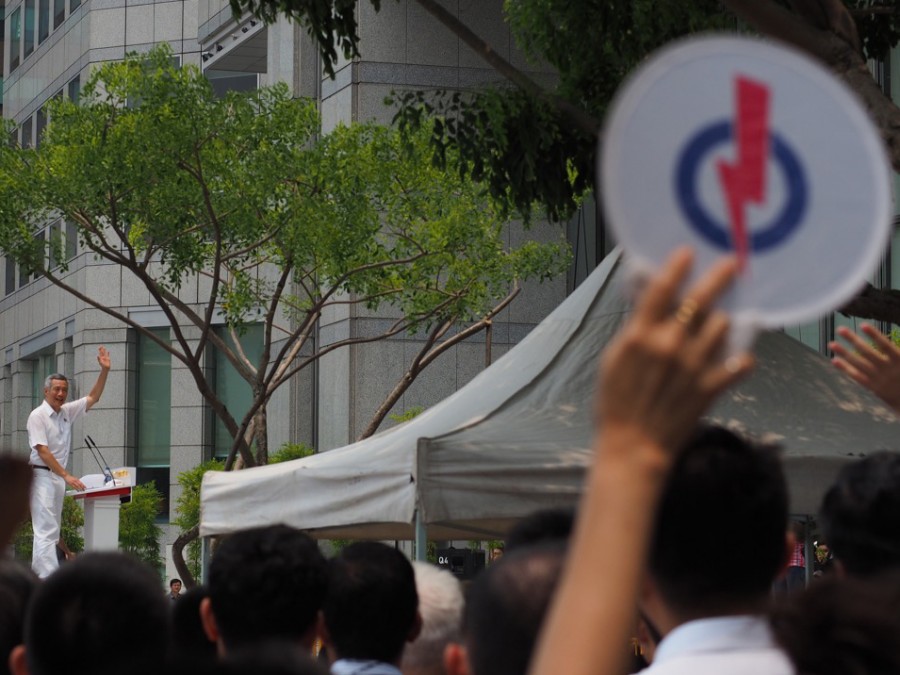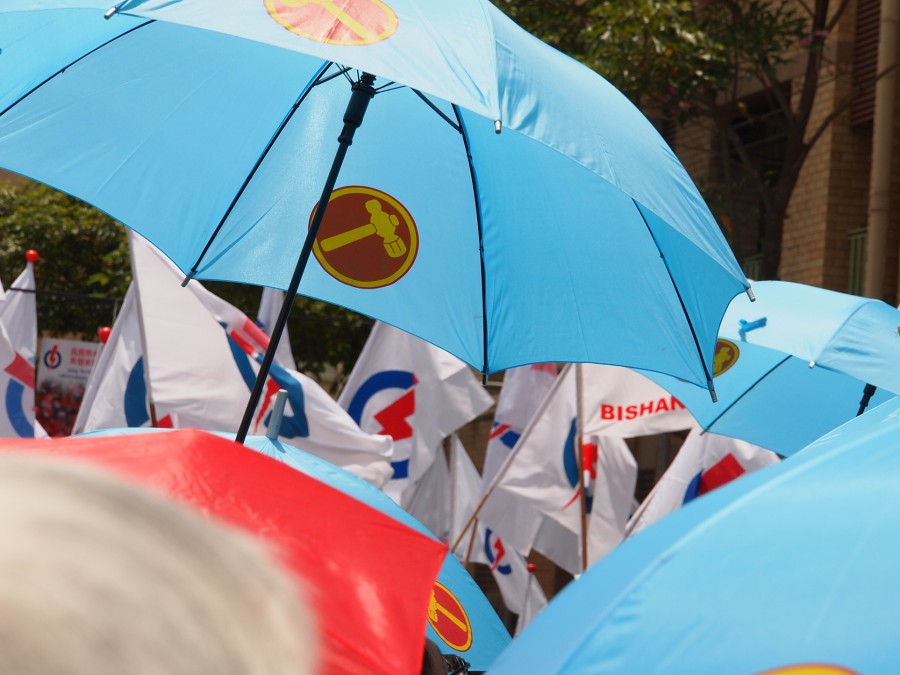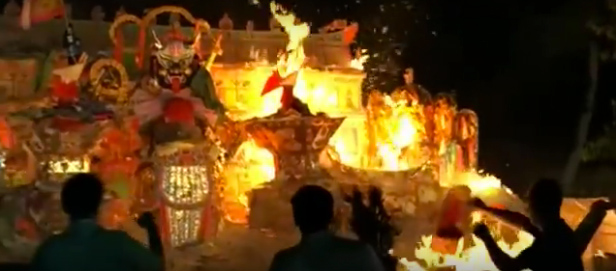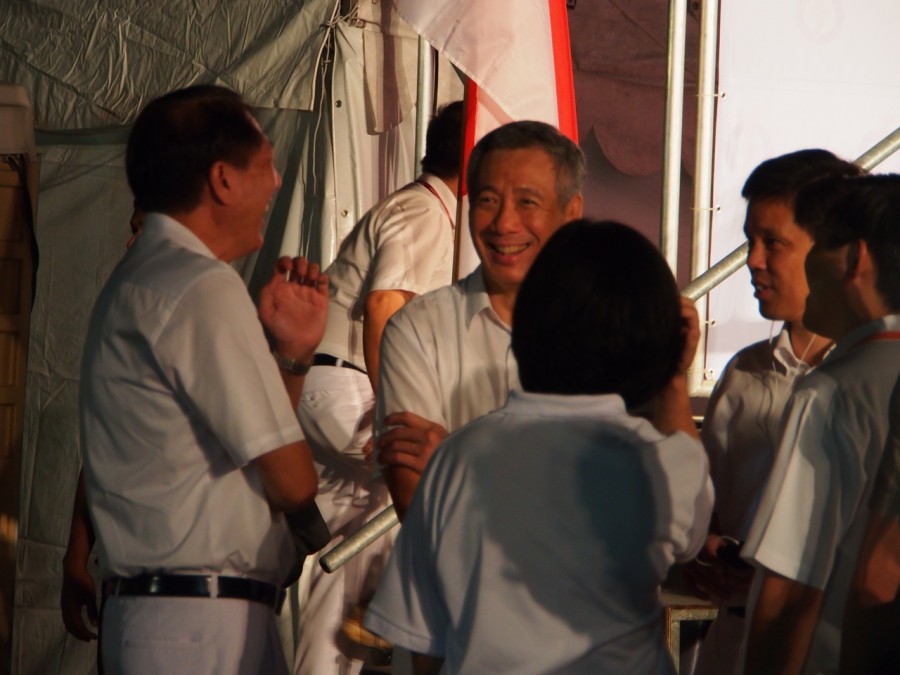There is a widely held view that Singapore needs both PAP government and more opposition. To achieve this, Singaporeans need to pay attention to politics in between elections and do their part to build a democratic society.
The opposition’s stars filled rally grounds and animated everyday conversations. In the previous general election, it had made a big breakthrough, winning more seats and pulling down the PAP’s vote share. Surely, Singapore was poised to take a few more steps away from one-party dominance. But, on Polling Day, the electorate sent the opposition straight into a brick wall. Many Singaporeans were deeply disappointed.
This could be a description of Singapore this May, 2025.
Or I could be describing 2015.
Or 1997.
All these were election years when the previous poll’s quantum leap in opposition fortunes was followed by a big, resounding — nothing. The opposition’s momentum stalled. The ruling party maintained or improved its seat count and increased its vote share.
Struggling to comprehend last weekend’s GE results? We have been here before.
I don’t bring up history to deepen anyone’s sense of futility but to suggest that if we are not to repeat it, Singaporeans might need to rethink their tendency to pay attention to politics only when elections come along.
